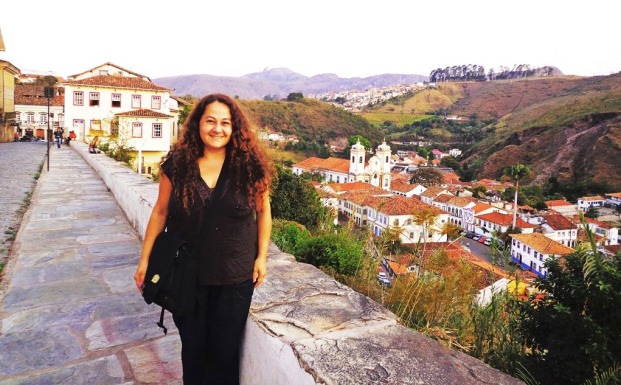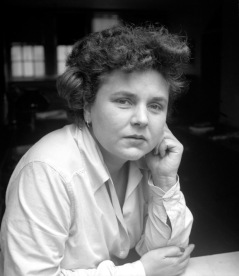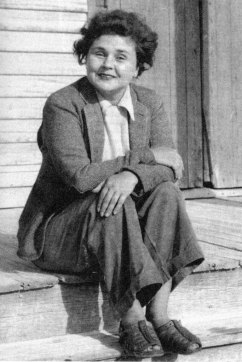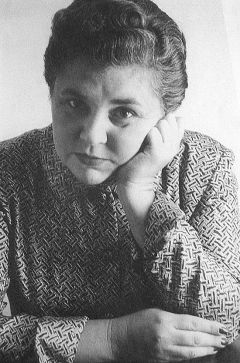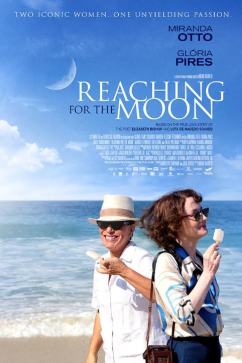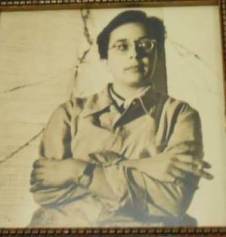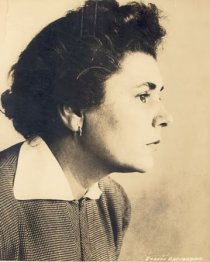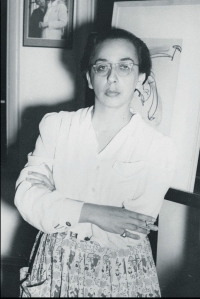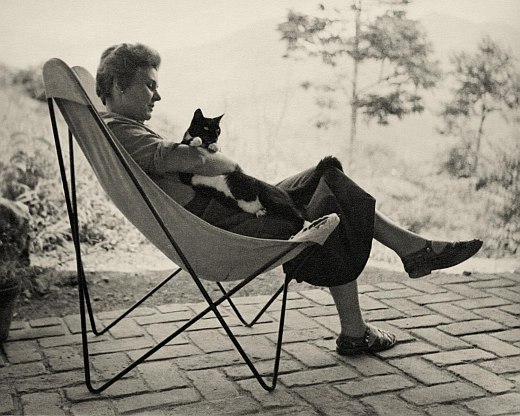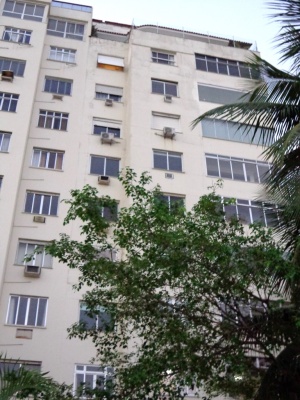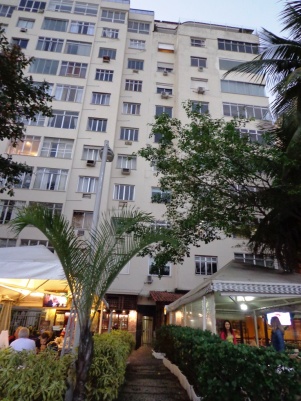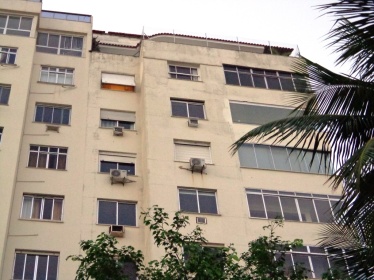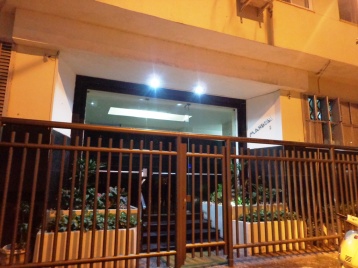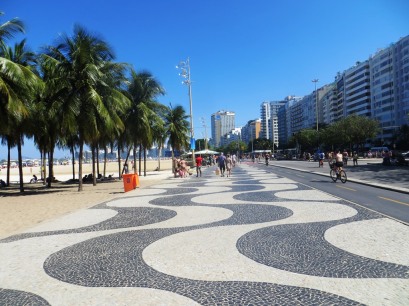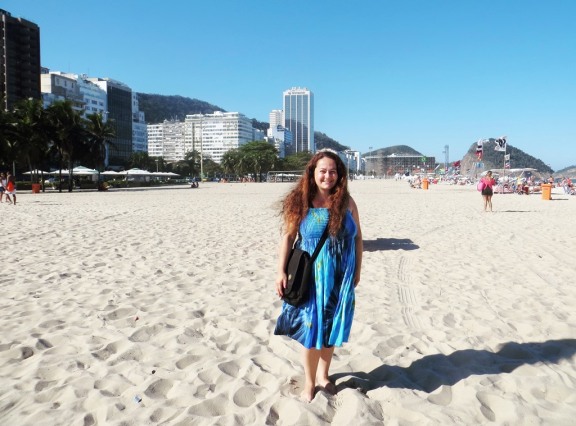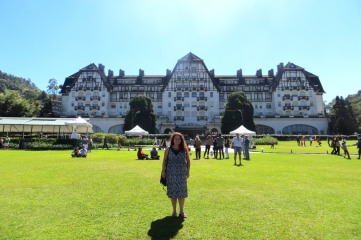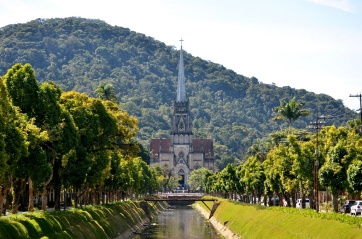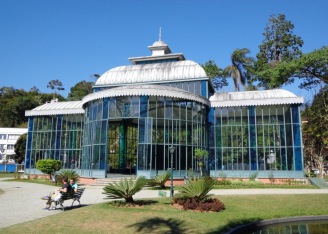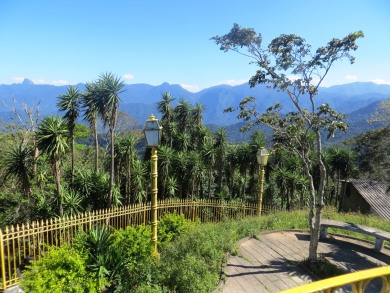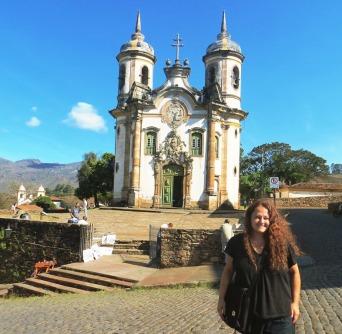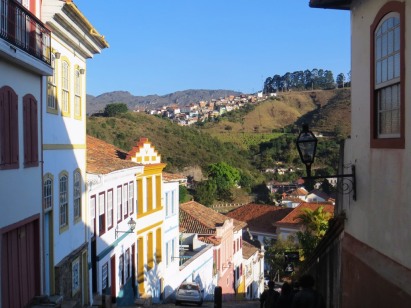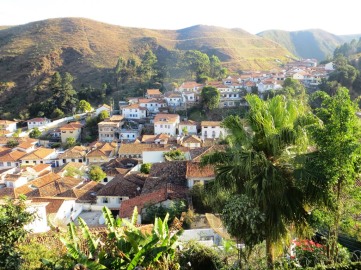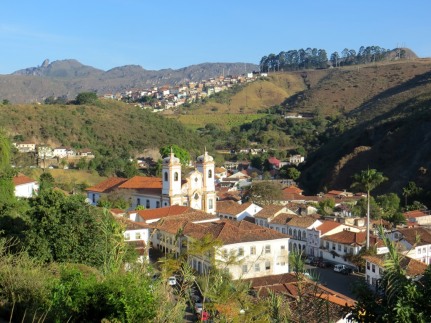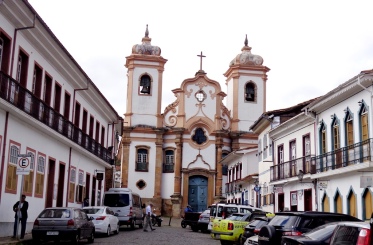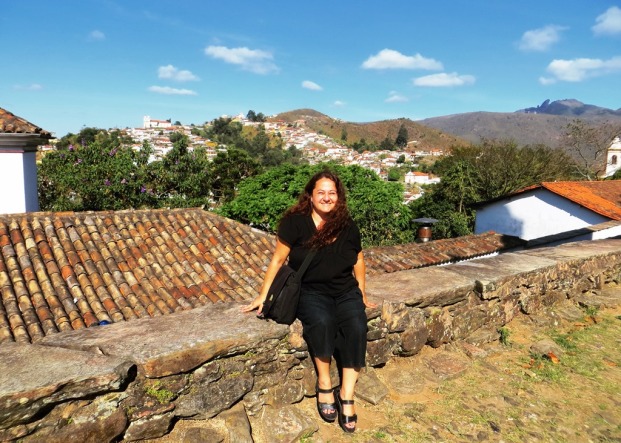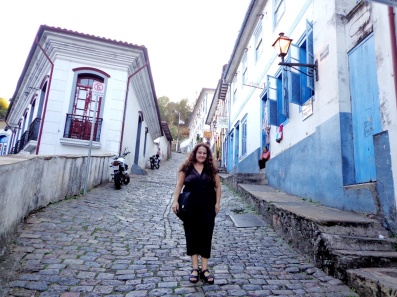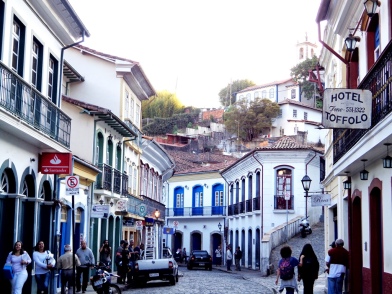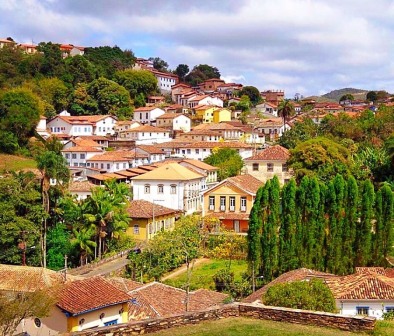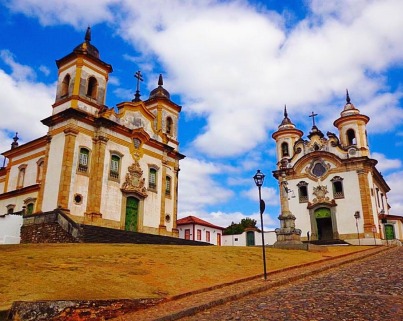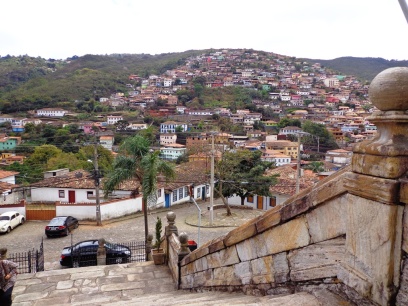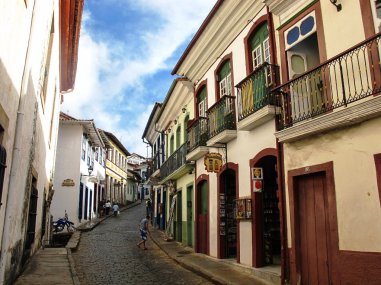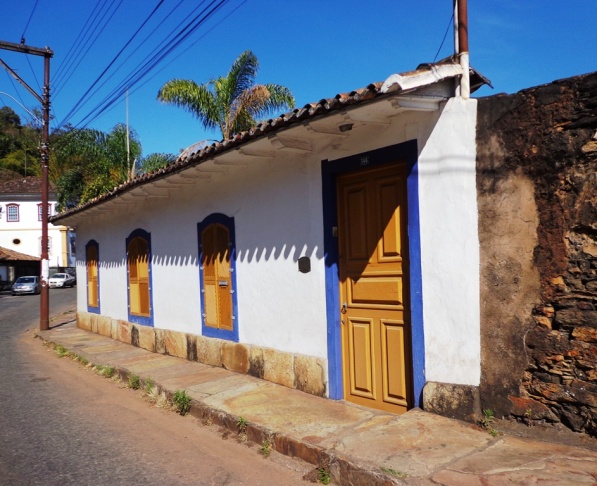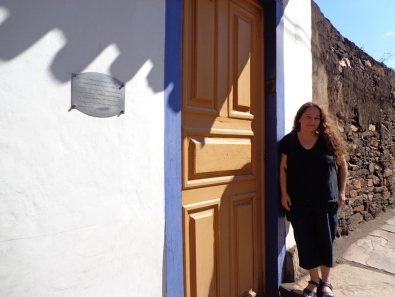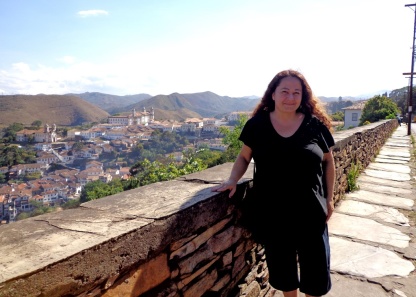 As 2016 comes to an end, I wanted to take a moment to reflect on what has been a very transformative year for me. An extremely difficult one as well since this month marks one year since my mother’s death last December, and her loss still feels altogether raw and very recent.
As 2016 comes to an end, I wanted to take a moment to reflect on what has been a very transformative year for me. An extremely difficult one as well since this month marks one year since my mother’s death last December, and her loss still feels altogether raw and very recent.
But it’s also been marked by some personal and professional accomplishments: I travelled to South America for the first time on a research project, and I’ve finally completed my last course for my Social Media Marketing Certificate from George Brown college! I must confess, I was waiting to earn this degree before I publish my new Art of Social Media Marketing for Creatives book, and now it’s going through the final edits before heading off to the printer.
I wanted to also touch upon some memorable highlights. When it comes to publications, there are three I am most proud of this year:
1. In March I published my literary novel Daughters of the Air, which interweaves the tragic tale of Adele Hugo, a retelling of The Little Mermaid fairytale and a modern-day timeline into a story of obsession, reincarnation and exploration of everlasting love. It’s tone is similar to The Red Violin and Posession, in that it’s a haunting love story that spans three continents, three timelines and three hundred years – a search for the root of heartbreak that involves mermaids, political activists and haunted geniuses. It flows from Paris to the Channel Islands, from spiritualist séances to the austere coastlines of Nova Scotia.
I am extremely proud of this book and I really hope you guys will get a chance to read it, because I poured all my heart into this one and it’s by far my most ambitious novel.
2. In April, my villanelle poem One Europe was published in one of Canada’s oldest literary journals Contemporary Verse 2: The Canadian Journal of Poetry and Critical Writing (CV2). It’s the only national poetry magazine that continues to publish four times a year and I was so excited to be included in the Spring 2016 edition. I was inspired by Elizabeth Bishop’s One Art to create a similar pattern, and I’m so very glad that I wrote it. A villanelle has a very complicated rhyming pattern and creating it was a lot of work, but the joy and sense of accomplishment I felt for being able to create something this complex was tremendously rewarding.
3. In July, my editorial article was published in the Canadian Jewish News in a three-page spread. Moreover, it actually made the front cover for that week’s print edition! Nothing beats receiving a congratulatory message from my former university professor, mentor and self-described “Jewish uncle”, renowned Canadian poet Seymour Mayne, praising me for having my article featured on the cover – he’d just received it in the mail hours before Shabbat, and it made our weekend.
Although I would gladly have written the piece for free, getting a cheque from the CJN for the article was a great feeling. Depending on Patreon, writing grants, freelancing projects crowdfunding sites to keep writing full-time is a haphazard, unpredictable process that can get stressful. A lot of people read my blog but very few realize just how time-consuming writing can be, and how generating money is a persistent issue. If everyone who reads my blog donated a single dollar to my Patreon fund each month, I would have a full-time income.
I’ve been a blogger and freelance journalist for years, but my work often went unpaid. My experience with CJN taught me that I can effectively pitch and sell articles to major publications, which has shifted my perspective and made me more ambitious about pursuing paid gigs with established publications. Who knows, lighting could strike twice and I might get another article to grace a front cover someday!
 In the coming year I intend to work more on commissioned articles and less on regular blogging. Actually, I spent the early part of summer taking online courses to earn my certificate in Journalism from Michigan State University. Although I don’t believe that a formal degree is necessary in an oversaturated field where very few can find full-time employment, I see reporting, blogging and freelance work as a continuum in 21st century journalism. In a world where an increasing number of mainstream reporters are being laid off and digital publications redefine the profession, the lines between mainstream reporter, blogger and independent journalist have become blurred.
In the coming year I intend to work more on commissioned articles and less on regular blogging. Actually, I spent the early part of summer taking online courses to earn my certificate in Journalism from Michigan State University. Although I don’t believe that a formal degree is necessary in an oversaturated field where very few can find full-time employment, I see reporting, blogging and freelance work as a continuum in 21st century journalism. In a world where an increasing number of mainstream reporters are being laid off and digital publications redefine the profession, the lines between mainstream reporter, blogger and independent journalist have become blurred.
But don’t fret, my friends! Even though I will be making paid freelance work a priority, I could never give up blogging altogether – it’s become second nature to me. I started blogging in 2007 or -8 and it’s been such a helpful outlet of emotional and artistic expression for me, not to mention that I’ve met so many great people through it.
But time will be an issue. This spring I am booked for approx. eight to ten speaking engagements throughout Ontario and Quebec. In March I will be a speaker at a conference where Minister of Foreign Affairs Stephane Dion, former Attorney General Irwin Cotler and several United Nations staffers will also be presenting. It’s also a great opportunity to meet others involved in human rights, genocide documentation and social justice issues.
Afterwards I will be interviewed for a PBS special which will be filmed in NY state. I’ve also been asked to speak at SUNY that week.
Between the speaking engagements, a commissioned book I’m working on for a client and writing my own memoir, time is a commodity that I will have to plan carefully. Still, the excitement of achieving so many personal goals is more powerful than my ubiquitous jitters of speaking in front of large audiences.
Under a Trump presidency and alt-right governance, more than ever, it’s an important time to be a journalist and activist. I look forward to bringing my story, knowledge and expertise about extremist movements to a broader audience.
This year I was a consultant on a short documentary about Ernst Zundel‘s former home, titled ‘206 Carlton‘, produced by a Ryerson University Documentary Media student. I was also quoted in several articles about the resurgence of the ultra-right wing in Canada, such as:
CityNews: Alleged Toronto neo-Nazi publication expands west, pestering downtowners
National Post: ‘Hitler actually wasn’t that bad’: How Neo-Nazis are using attractive young women to boost their movement
All of this has led to a sharp rise of hate tweets, Facebook messages and threatening emails coming at me from social media trolls emboldened by Trump’s win to the point of delusion. Par for the course, I suppose – though the vile anti-Semitic, misogynist words reveal the persons behind them for the pathetic cowards that they are.
Lastly, I’m proud of an extensive, in-depth interview I did with author Samita Sarkar of Blossoms Writing. It’s a worthwhile discussion to check out if you’re interested in knowing more about me, the story behind Race Traitor and its aftermath.
So on this note, I wish all of you love and light for the New Year. May your 2017 be bright and inspiring, and remember – tomorrow is the first blank page of a 365-page book. Write a good one!
If you enjoyed the read and wish to support a creative writer, please consider dropping a dollar in my Patreon donation jar 🙂







